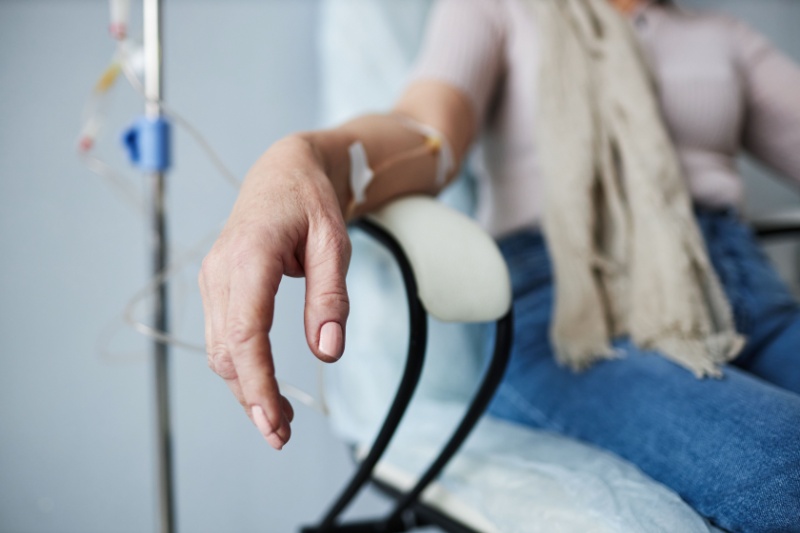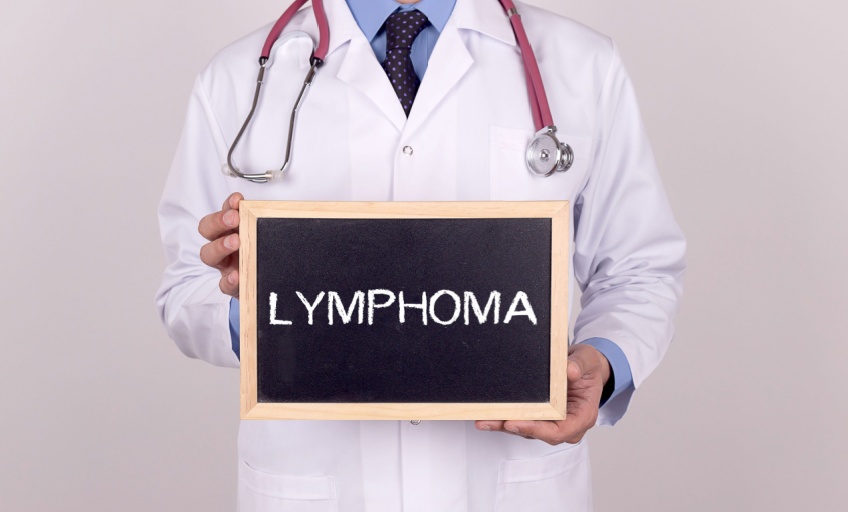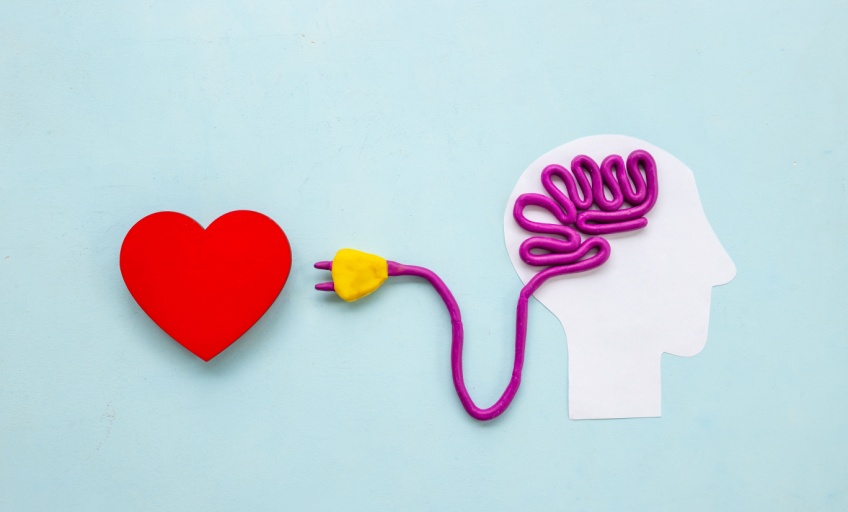What is Lymphoma? Lymphoma is a cancer of the lymphatic system. It can quickly spread to different tissues and organs – like the liver, bone marrow, or lungs throughout your body. Anyone can develop lymphoma, but it is among the most common causes of cancer in children and young adults.
What you need to know:
- What is Lymphoma?
- Common symptoms of Lymphoma
- Understanding the causes of Lymphoma
- Treatment options for Lymphoma
- Living with Lymphoma: Support and coping strategies
What is Lymphoma?
Lymphoma is a type of blood cancer that occurs when your white blood cells, known as lymphocytes, grow out of control. Lymphocytes are an important part of the immune system, which help fight infections. Lymphocytes travel throughout your body in the lymphatic system carrying a fluid called lymph. This fluid passes through glands, known as lymph nodes present around your body.
The lymphatic system and its role in the body
The lymphatic system is a network of vessels, nodes, and ducts that pass through almost all bodily tissues. It allows the circulation of a blood-like fluid called lymph through the body and is part of the immune system. The lymphatic system is a crucial component of the body’s immune and circulatory systems. It plays several important roles in maintaining overall health and homeostasis.
Common symptoms of Lymphoma
The symptoms of lymphoma are similar to those of some viral diseases, such as the common cold. However, they typically continue for an extended period.
Swollen lymph nodes

You may notice a swelling of the lymph nodes in the neck, groin, abdomen, or armpits. They are usually painless but may become painful if the enlarged glands press on organs, bones, and other structures.
Fatigue, fever, and night sweats
Other symptoms of lymphoma may include:
- Fever without infection, which stays above 39.5 degrees Celsius for over two days, or a fever that returns.
- Drenching night sweats that are so intense that you wake up to find your pajamas and sheets soaking wet.
- Persistent fatigue, or a lack of energy, is when you feel tired daily despite getting enough sleep.
Unexplained weight loss
You may also experience unexplained weight loss. You may lose 10% of your total body weight over six months without following a diet or exercise. You may feel hungry less often as your appetite may reduce.
The most common symptoms include:
- Skin symptoms – Rashes and lesions
- Bone pain – Joint pain
- Chest symptoms – Cough, difficulty in breathing
- Abdominal symptoms – pain and discomfort in the abdomen.
Understanding the causes of Lymphoma
Let us look at lymphoma causes:
Weakened immune system and infections
A weakened immune system caused by other conditions or medical treatments increases the risk of developing lymphoma. For example, people who have organ transplants take immunosuppressant medication to prevent their bodies from rejecting the transplanted organ. Certain infections that transform lymphocytes also increase the risk.
Exposure to certain chemicals and viruses
Nuclear radiation and certain agricultural chemicals have been linked to lymphoma. People with viruses, including HIV (human immunodeficiency virus), Epstein-Barr (mononucleosis), or Kaposi sarcoma (human immunodeficiency virus), are at a higher risk.
Genetic predisposition
You may develop lymphoma if you are genetically predisposed to it. If a sibling has lymphoma, the risk is slightly higher. If the sibling is an identical twin, this risk increases significantly.
Treatment options for Lymphoma
The course of lymphoma treatment depends on the type you have and the stage it has reached. If necessary, you may consider the following options for lymphoma treatment:
Chemotherapy: Targeting cancer cells

A healthcare team administers aggressive drug treatment to target and kill cancer cells. Chemotherapy uses drugs that kill rapidly dividing cancer cells to prevent them from growing and making more cells. In a chemotherapy treatment, a doctor may give you a single drug or a combination at a time.
Radiation therapy: Localized treatment
A doctor may recommend this type of therapy to target and destroy small areas of cancer. Radiation therapy uses concentrated doses of radiation or high-energy beams to kill cancerous cells. This therapy can use radiation from a machine outside your body or place radioactive material into or near the affected area.
Immunotherapy and targeted therapies
This includes:
- Biologic therapy: This drug treatment stimulates the immune system to attack the cancer. The drug achieves this by introducing living microorganisms into the body.
- Antibody therapy: A medical professional inserts synthetic antibodies into the bloodstream. These respond to certain targets outside of cancer cells.
Stem cell transplant for advanced cases
Stem cells have the potential to develop into many different types of cells in the body. They serve as a repair system for the body. Stem cell transplant can help restore damaged bone marrow following high-dose chemotherapy or radiation therapy. It can be done using your stem cells or those from a donor.
Living with Lymphoma: Support and coping strategies
A lymphoma diagnosis can bring a sense of lack of control and hopelessness. Focus on what you can control and develop coping strategies.
- Educate yourself about the disease. It helps to separate the facts from the fads.
- Although living with it is challenging, there is support available. Speak to a medical health professional for advice.
- You can try self-help strategies (like mindfulness) and therapy or counseling, which might help you.
- Follow a healthy lifestyle. This includes a good diet and nutrition, being physically active, managing stress, getting enough sleep, and doing what you enjoy.
- Build relaxation into your day-to-day life. You can also find spending time with family and friends helpful.
- Work with your healthcare team to manage pain and other symptoms effectively.
- Keep up with regular medical appointments and follow your treatment plan. Consistent monitoring helps ensure any side effects or complications are addressed promptly.
Stay tuned to the Activ Living Community. Keep up to date with the latest health tips and trends through expert videos, podcasts, articles, and much more on nutrition, fitness, mindfulness, and lifestyle conditions like Asthma, Blood Pressure, Cholesterol, and Diabetes. Activ Living ke saath sahi sehat ki shuruat ABHI karo.
You may also be interested in the following blogs:
Popular Searches
How to lower blood pressure | Fruits good for liver | Unhealthy foods | Ragi Benefits | Basal Metabolic Rate | Acupressure points for High Blood Pressure | Ayurvedic medicine for blood pressure | How to control cholesterol at home | Homeopathy for Asthma | Biological Age | Home remedies for TB | Natural beta blockers | Negative effects of internet | Types of walking | Blood pressure calculator | Blood sugar calculator | BMI Calculator





 1800-270-7000
1800-270-7000








